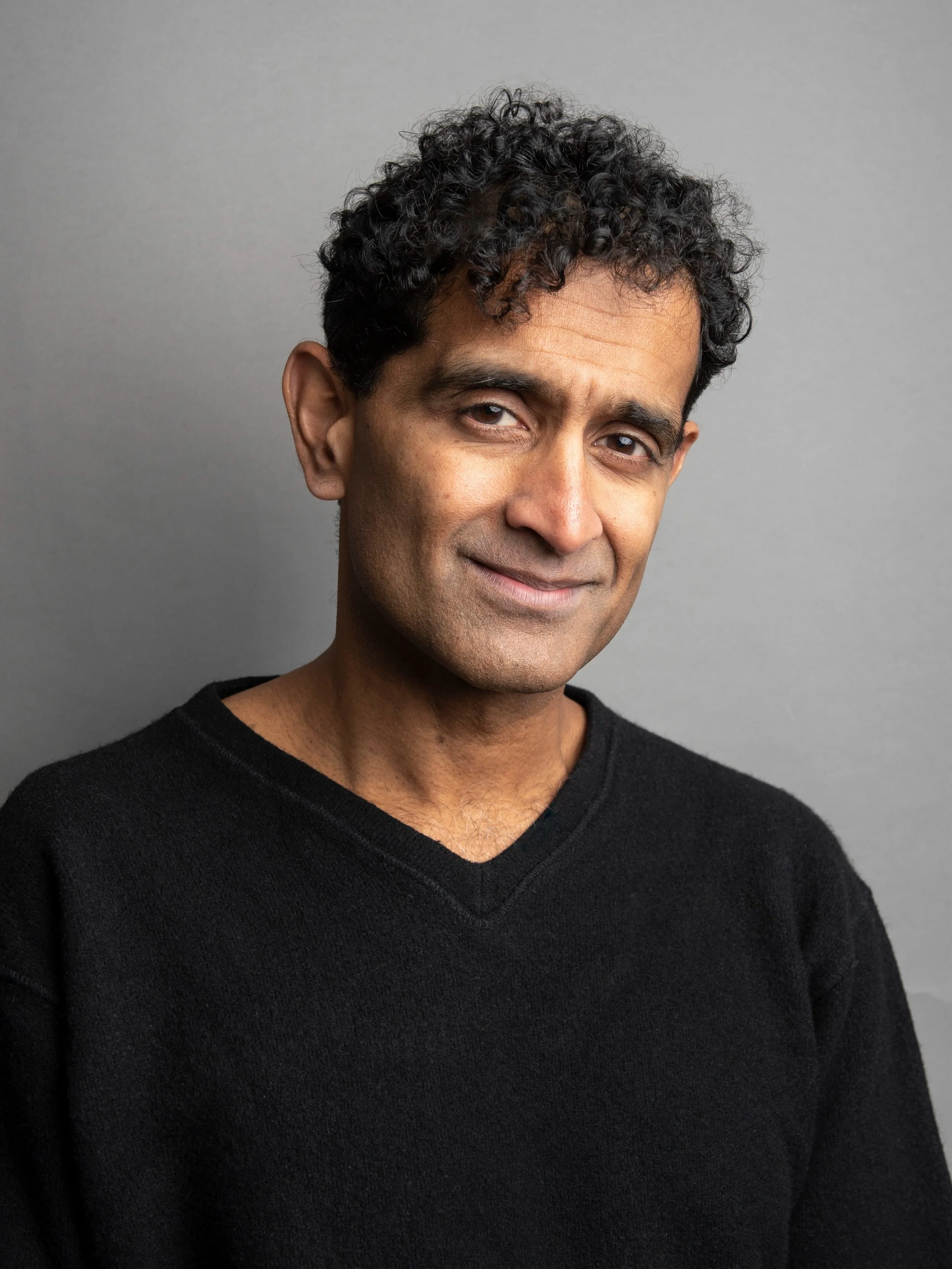Dr Ravi Jayaram, Dr Steve Brearey, Dr John Gibbs and the other paediatric consultants at the Countess of Chester NHS Trust
2023 BLUEPRINT UK
WHISTLEBLOWING PRIZE
Photos: Ravi Jayaram, Steve Breary, John Gibbs
Paediatricians at Countess of Chester Hospital were very concerned that there may be a killer in their midst. Taking their concerns seriously may have saved lives, but they were shut down. However, their persistence played a key role in the most high-profile UK court case of the past year.
In August 2023, after a 10-month trial held at Manchester Crown Court, a jury found former paediatric nurse Lucy Letby guilty of the murder of seven babies and the attempted murder of six more, all of whom she was responsible for caring for at the Countess of Chester Hospital’s neonatal unit in 2015 and 2016.
Letby was found guilty of killing newborns in her care by injecting air into their stomachs, poisoning them with insulin and force-feeding them milk.
Sentencing Letby to spend the rest of her life in prison, Mr Justice Goss said she had shown a “deep malevolence bordering on sadism”.
The 11-person jury, composed of seven women and four men, acquitted Letby on two counts of attempted murder and was unable to reach a verdict on six further counts. These outstanding counts related to five other babies.
One count of attempted murder is due to be retried in June 2024.
That Letby’s actions were brought to the attention of police is largely due to the persistence of the medical team working on her unit.
Dr Stephen Brearey, the unit’s lead consultant, first expressed his concerns to a hospital executive in June 2015. He also discussed his concerns with colleagues Dr Ravi Jayaram and Dr John Gibbs. They and the other paediatric consultants at the Countess of Chester raised concerns through hospital channels. Further details will be provided here after the pending retrial is completed.
The behaviour of hospital management at the Countess of Chester is now the subject of a separate corporate manslaughter investigation. It will be further considered in a full public inquiry with statutory powers, led by Court of Appeal judge Dame Kate Thirwell.
The inquiry’s terms of reference cover 30 questions in three over-arching categories. It will examine the experiences of all the parents of babies named in the indictment for Letby, both at the Countess of Chester Hospital and other related NHS services. The inquiry will also investigate the conduct of hospital staff and managers, including delving into the hospital’s culture as well as the role played by the hospital board and senior management.
Finally, the inquiry will look at the NHS culture, including NHS governance structures and management. In this activity, the inquiry will also look at “external scrutiny and professional regulation in keeping babies in hospitals safe, whether changes are necessary and if so what they should be”.
The public terms of reference specifically include “governance and escalation processes in relation to concerns being raised about Letby”.
In the aftermath of Lucy Letby’s conviction, many have questioned why whistleblowers in the NHS are still treated so poorly, despite recent attempts to improve the system.
As a result of the retrial, the court has placed a very strict set of conditions on public reporting on the Letby case. This includes a bar on reporting on evidence from the original trial.
The purpose of this restriction is to prevent the risk of prejudice to Lucy Letby as the defendant in the forthcoming retrial.
As a result, more information will be provided about the winners of the UK Whistleblowing Prize at a later time.
The courageous and persistent actions of the Countess of Chester paediatric team, made in the most traumatic circumstances, make them clearly deserving winners of Blueprint’s UK Whistleblowing Prize for 2023.
Photo credits: (photos supplied) Ravi Jayaram, Stephen Brearey, John Gibbs



